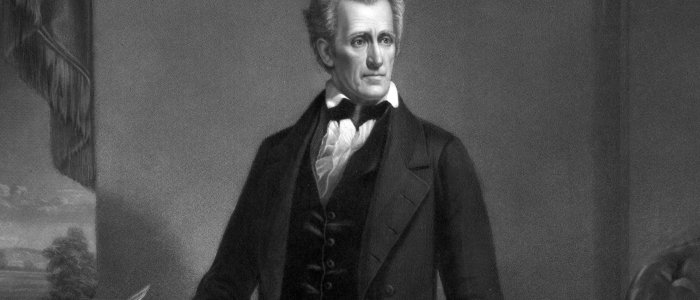Martin Van Buren had a plan. The year was 1824, and Van Buren was disgusted by the corruption that had soaked through the Republican party. The Federalist party had long since ceased to be, and politics in the United States had become a one-party game; as such, with no competition to keep it in check, that one party became a magnet for every type of disreputable political behavior. Having soundly defeated Hamilton’s Federalists, the Republicans then went on to become what they beheld, adopting all the old Hamiltonian policies they had once stood against: protectionist tariffs, internal improvement spending, foreign adventurism, ballooning central government, and even that most hated of institutions, the central bank. Aided and abetted by a life-tenured federal judiciary that had long been usurping powers never given to it by the Constitution, it seemed as though the permanent enshrinement of the Hamiltonian system was a foregone conclusion.
But Martin Van Buren had a plan. If there existed no opposition party to oppose the slide into tyranny and corruption, he would create one. Having long been possessed by that quintessentially American spirit of fundamental — if somewhat inchoate — distrust of centralized political power, he traveled to Monticello to meet with the man who he believed, more than anyone else, was capable of helping him refine his ideas into a viable political platform: Thomas Jefferson. Van Buren emerged from that meeting energized, and, ever more convinced that the vestiges of the Federalist party were rapidly dominating the Republicans, assured the former president that
you are not sensible my dear Sir, of half the respect, the reverence, & warm affection, entertained for you by all the old and uncorrupted Republicans. and notwithstanding the late rewards for apostasy, you may rest assured, that the number of those is yet larger Sufficiently So, I hope, to rescue their cause from ruin & their country from misrule.

